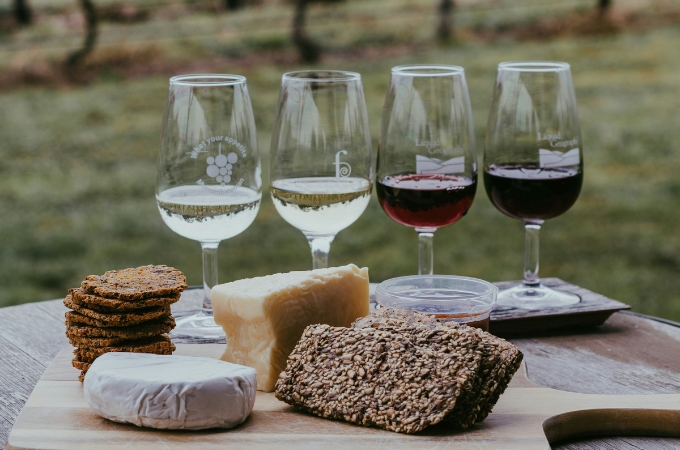Cape Town – Across the Cape Winelands, a quiet shift is gaining momentum, one rooted in mentorship, ownership and community development.
It’s a shift that’s not just reshaping who gets to be part of the wine industry, but how they thrive within it.
For too long, knowledge of wine was something passed around the same tables through informal apprenticeships, family networks, and closed-door connections.
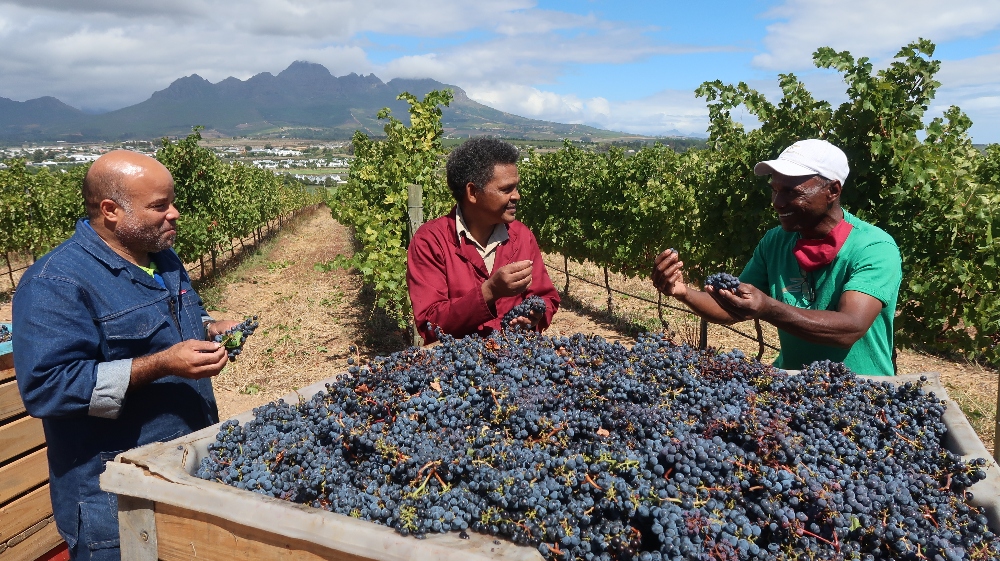
For many black South Africans, this meant not just exclusion from ownership, but exclusion from understanding: terroir, varietals, markets, culture.
But change is happening, and mentorship is at the heart of it.
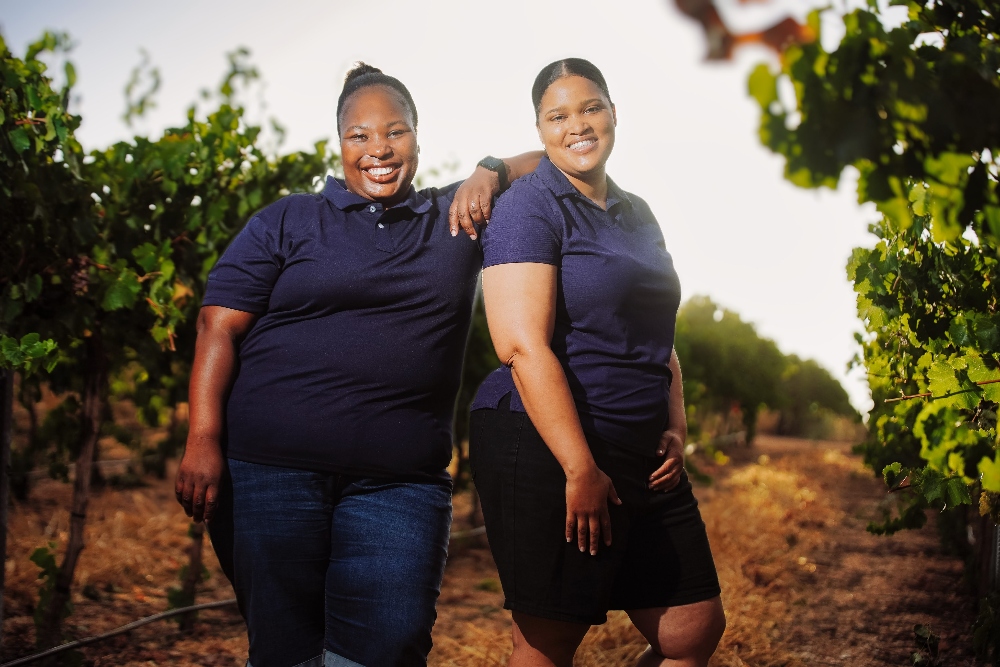
Because wine, after all, isn’t learned in isolation. It’s passed hand to hand, cellar to cellar, harvest to harvest. And when mentorship is structured, intentional, and inclusive, it becomes a powerful bridge across the barriers that have long held the industry back.
The results? Transformational, not just for individuals, but for the industry’s future.
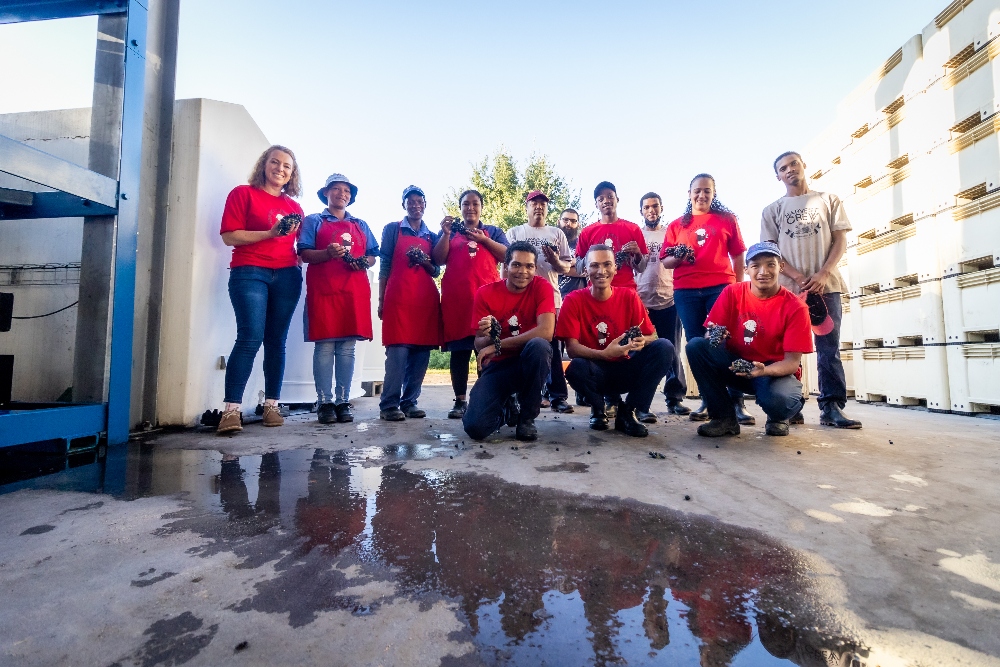
Phil Bowes, Manager of Inclusive Growth Strategies at SA Wine, shares that the sector now supports 107 black-owned wine brands, up by 50% in just ten years, alongside 81 black-owned farms spanning grape production, logistics, and retail. But more than the numbers, it’s the capability that’s grown: a generation of better technically equipped owners, professionals, and producers with more potential than ever before.
Ownership in Action: Bosman Family Vineyards & Adama Wines
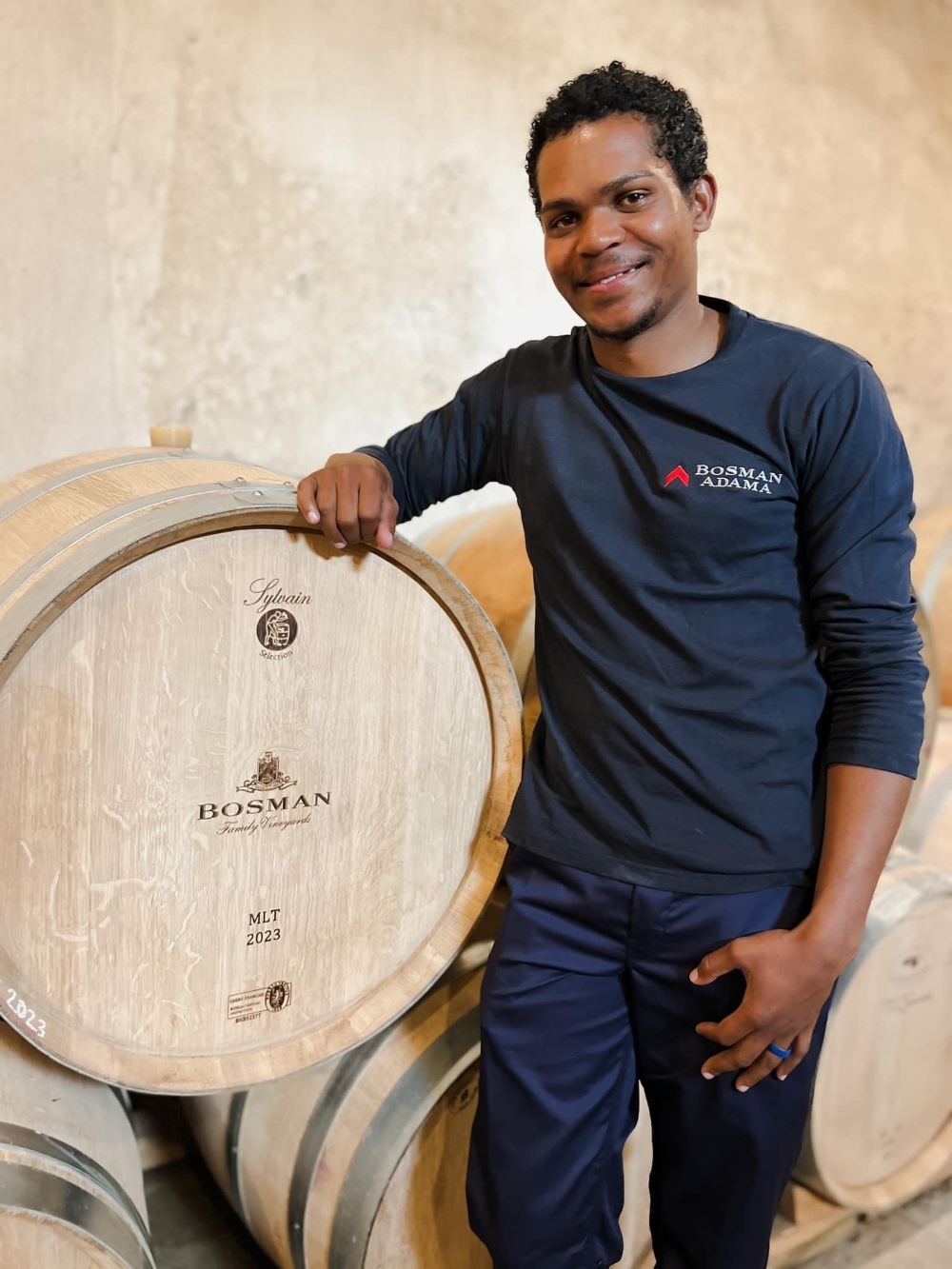
In Wellington, Bosman Family Vineyards is home to South Africa’s largest black-owned wine company, Adama Wines, where 26% of the agribusiness is owned by workers.
Among them is Riedewaan Thomas, once an intern, now cellar leader. His dream? To become the first male winemaker of Bosman Adama. Selected for the prestigious Burgundy Exchange Programme, Riedewaan is proof that when mentorship and opportunity align, borders dissolve.
Representation with Purpose: HER Wine Collection
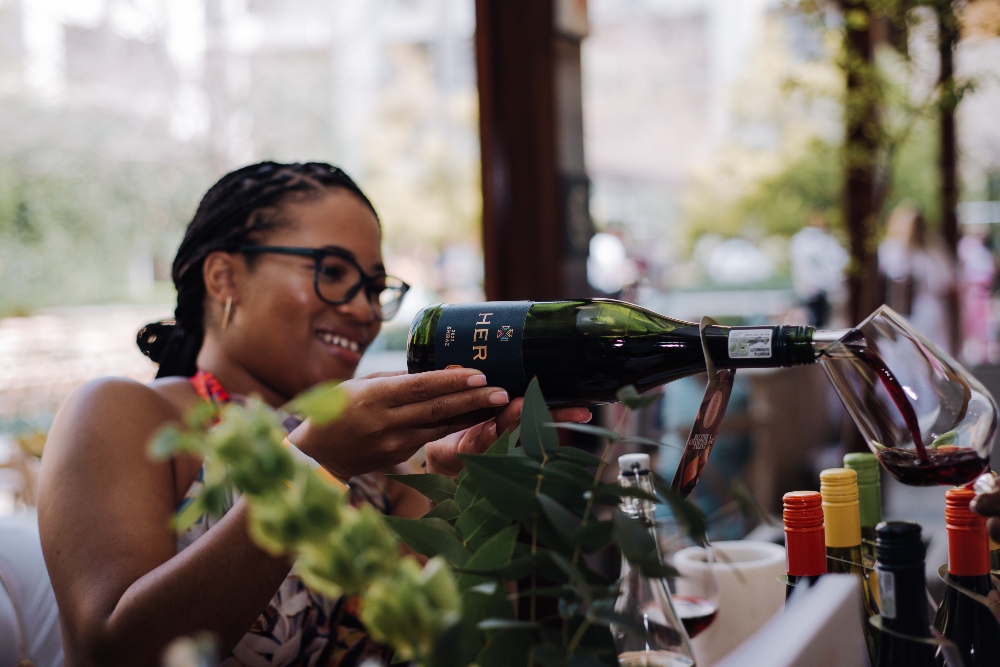
Founded in 2020 by Praisy Dlamini, HER Wine Collection stands proudly as South Africa’s first all-women, all-black wine brand. Dlamini’s path, from Elsenburg to Cape Winemakers Guild Protégé, taught her agility and resilience. And now, she’s paying it forward.
HER’s Students for Change initiative funds bursaries for matriculants from farming communities and connects students to professionals across the wine value chain, investing 2% of profits into education and mentorship.
Today, Dlamini leads not only HER Wine Collection but also serves as General Manager of Adama Wines, walking between two transformation models and forging new ones for others.
Full-Circle Empowerment: Visio Vintners
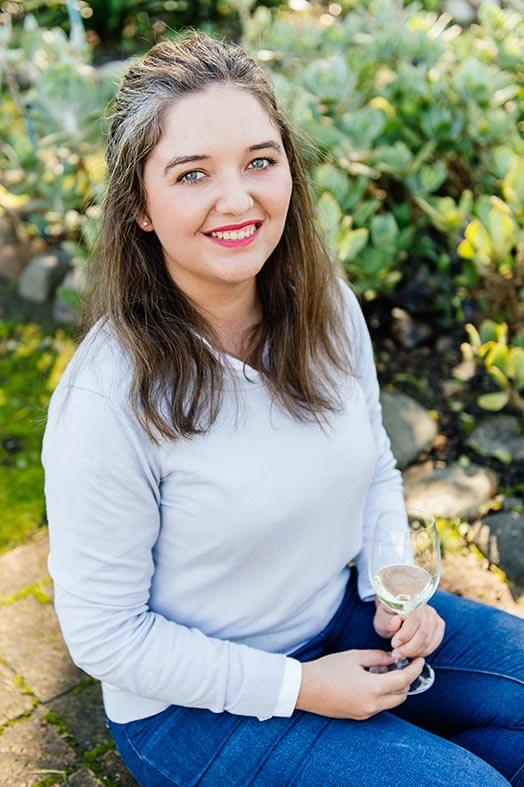
Born from a partnership between Kleine Zalze Wines and its empowerment trust, Visio Vintners operates independently, with 51% ownership in the hands of the trust and all Kleine Zalze workers as beneficiaries.
Here, quality leads. ‘We want the wine to stand on its own,’ says winemaker Hanri Ferreira. And it does, Visio’s Icon Wine blend scored 92 points from UK critic Tim Atkin and a 4.5-star Platter’s rating.
Systemic Support: Laying Foundations for the Future
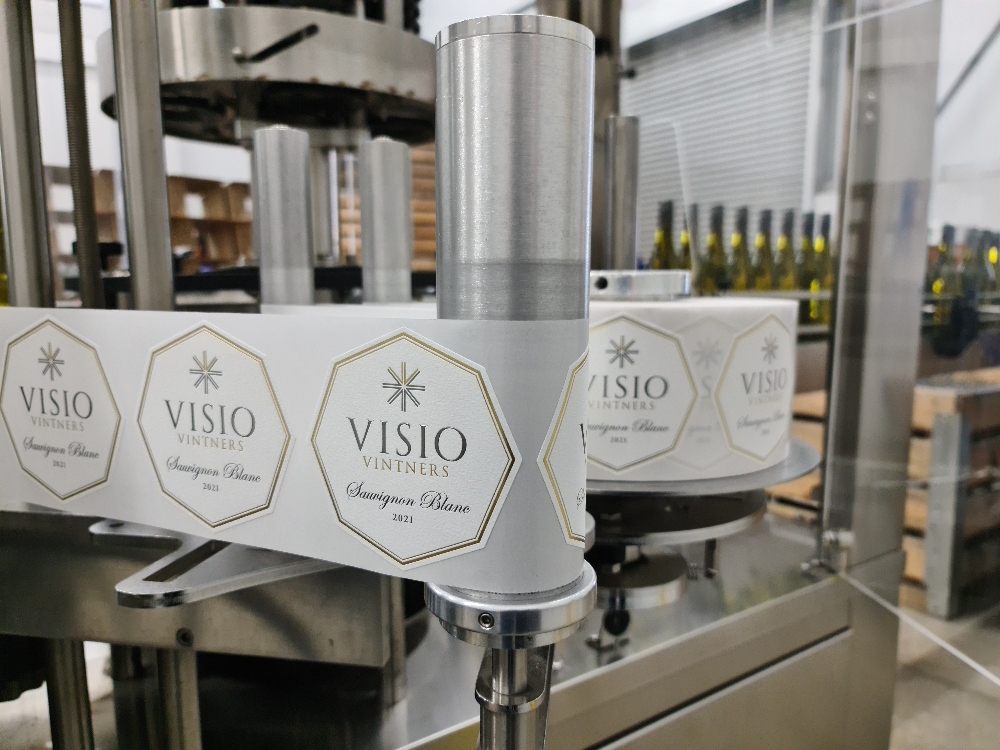
These stories don’t stand alone. They’re backed by meaningful infrastructure:
· R23.8 million invested into enterprise development, training and ethical trade programmes (SA Wine, 2024)
· Over 1,800 beneficiaries, including 545 youth
· The Wine Arc incubator: a home for 13 black-owned brands
· 2,217 learners enrolled in 170 programmes via the wine industry’s Learner Management System
And at Vinimark, we’re proud to walk alongside these brands. As South Africa’s largest independent wine distributor, we don’t just support great wine; we support great people building purposeful businesses. Mentorship, ownership and community aren’t trends in our book; they’re how we build the future of wine.

